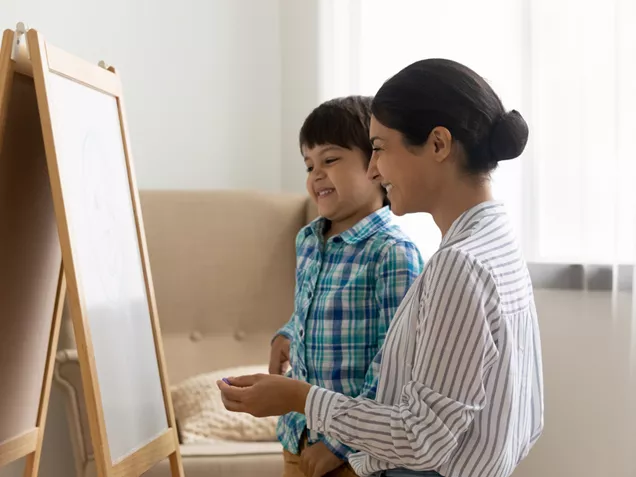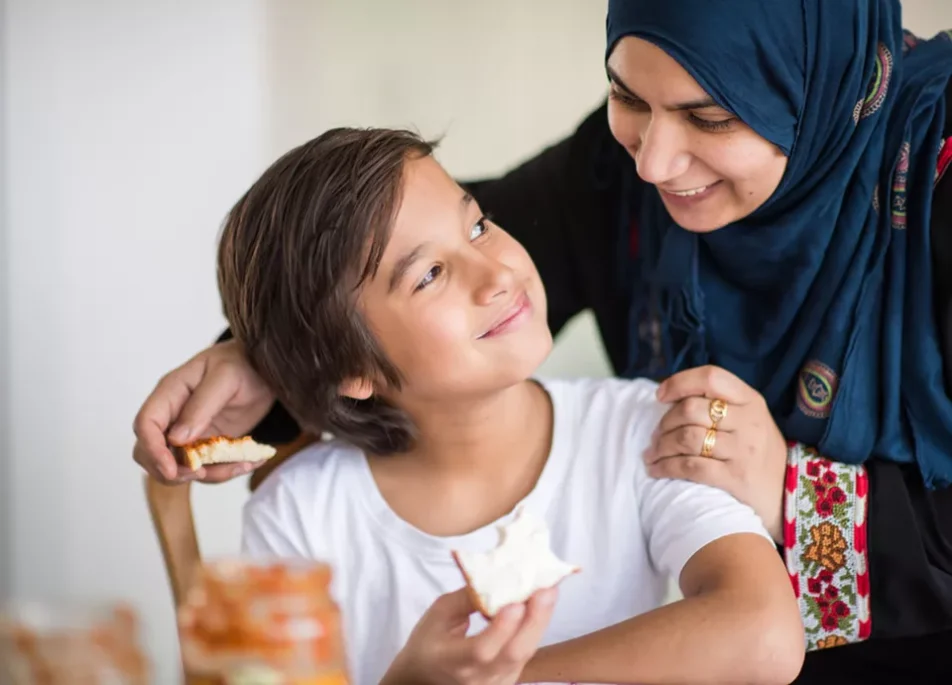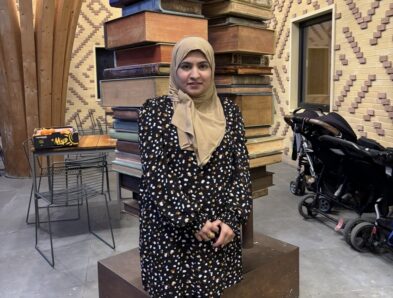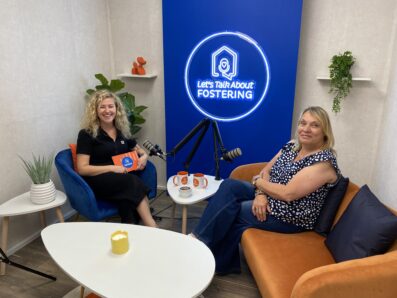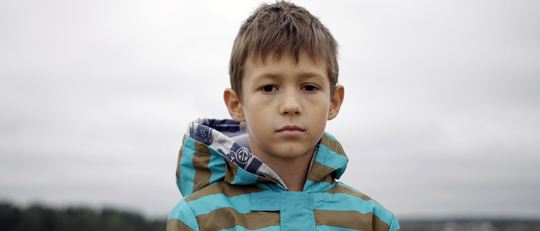

There’s been no escaping the 24 hour news cycle of the heart-breaking scenes of the war in the Ukraine, with thousands of families having their homes destroyed, losing loved ones and seeking asylum.
Unfortunately, there are many children from all over the world who have been separated from their families and come to the UK alone or just with their siblings. Fleeing from; war, political unrest, famine – all having endured a long and dangerous journey to be here.
For a child or young person not speaking the language, unfamiliar with a new culture, and often dealing with significant trauma – this is terrifying.
In the year ending December 2021, the UK received 3,762 applications for asylum from unaccompanied children. And with the war raging on in the Ukraine, and the continued rise in children coming from other countries including Afghanistan, Iran and Syria, this number is expected to rise exponentially over the coming year.
Regardless of nationality, language and age, these children all need one thing, a place of safety and a family who can provide the caring, supportive home they so desperately need.
Take a look at these ways in which you can help not just Ukrainian refugees, but vulnerable asylum-seeking children and young people from all over the world.
Homes for Ukraine
The new government scheme, Homes for Ukraine, allows those Ukrainian refugees who don’t have a family connection to reside in the UK. Under the new scheme, anyone in the UK will now be able to offer their home to those fleeing the war in Ukraine for a minimum of 6 months. The scheme which opens of the 18th March will offer host households a tax-free payment of £350 a month for up to 12 months, as long as they can provide a spare room in their home for refugees and asylum seekers in need of somewhere to stay.
Make a Donation
If opening up your home isn’t an option, then you can donate to the many number of refugee charities, including the UN Refugee Agency, Refugee Action, and the British Red Cross. These charities will help ensure that vital aid is provided; including food, first aid, shelter support and warm clothing. And, not only do these fantastic charities provide must-needed suppliers to refugees, but they also facilitate finding longer term homes. So whilst you may not have room in your home, you’ll be actively helping vulnerable children and families match up with those who do.
David genuinely takes an interest in all three boys’ backgrounds, empathising with their different journeys. He has carried out lots of research independently, has purchased Afghan flags, cookbooks, and travelled significant distances with the boys to enable them to purchase traditional dress. David, (in his 70’s proving age is no barrier to care) has thought nothing of taking them, & their friends to Alton towers, weekends in the Dales, and London to open up new opportunities and experiences. Advocating for educational opportunities has been outstanding

Want to learn more about fostering and what it entails?
Download the FCA’s Complete Beginner’s Guide to Fostering a Child. Learn more about the different types of fostering, benefits and the process of becoming a foster parent.
